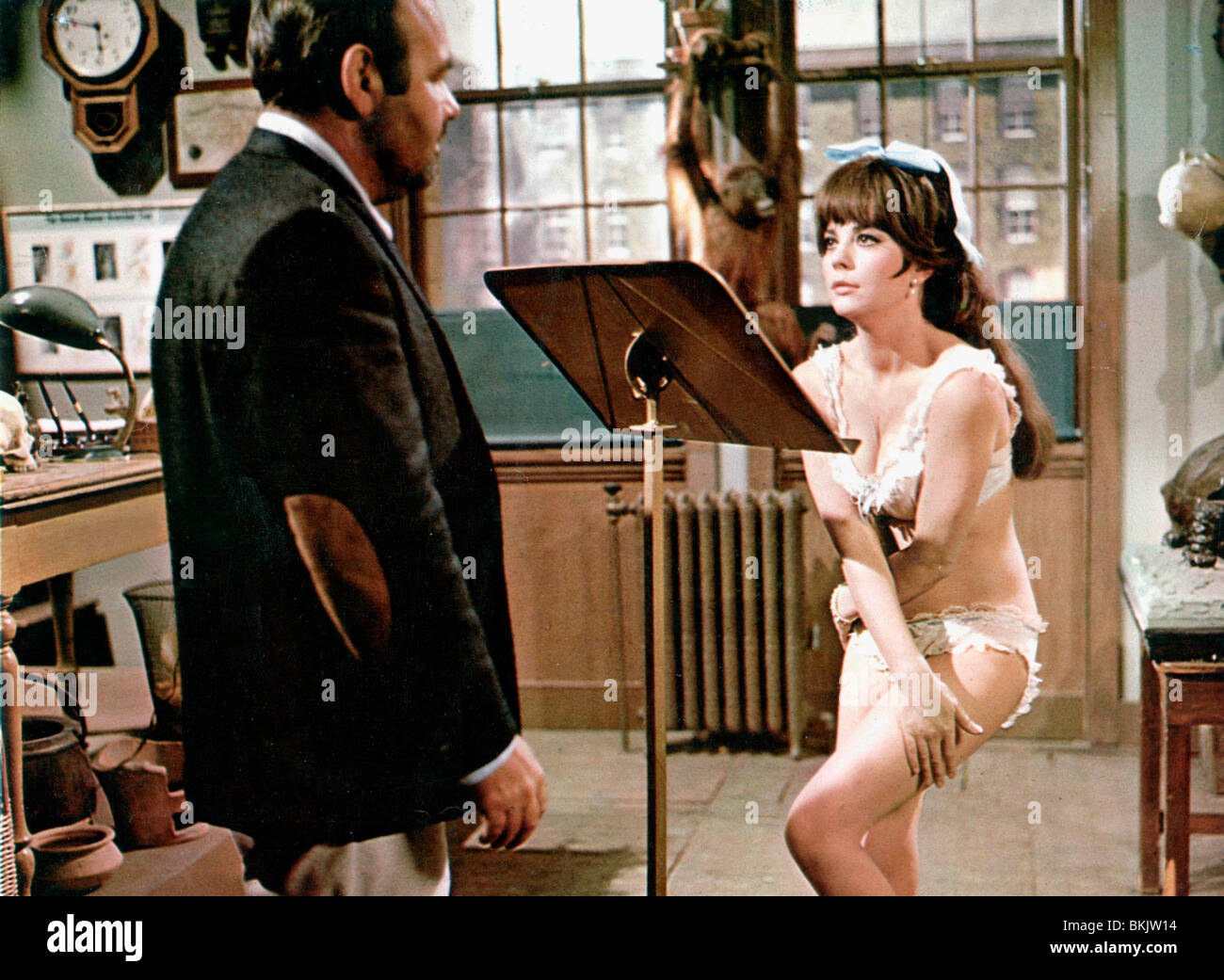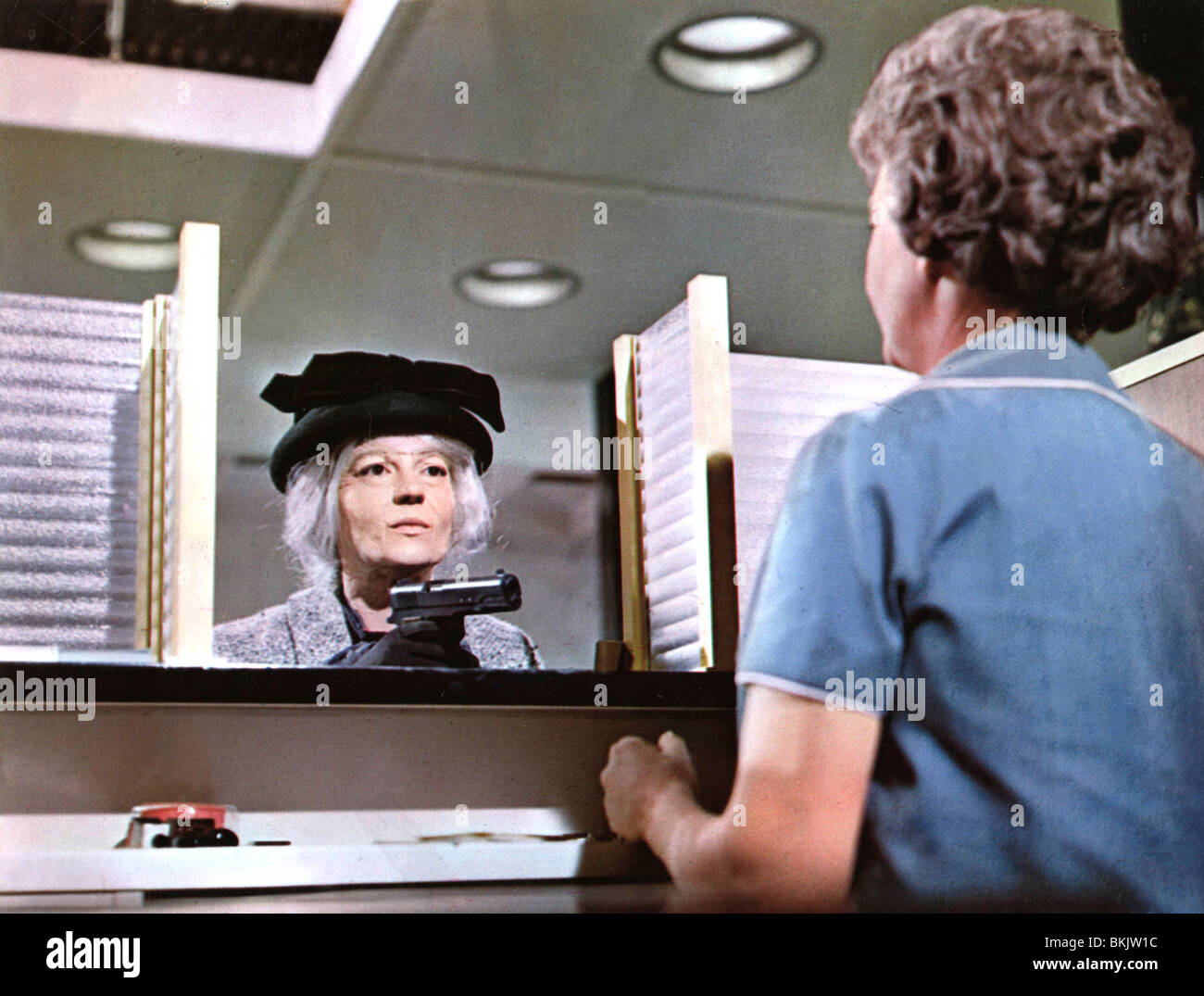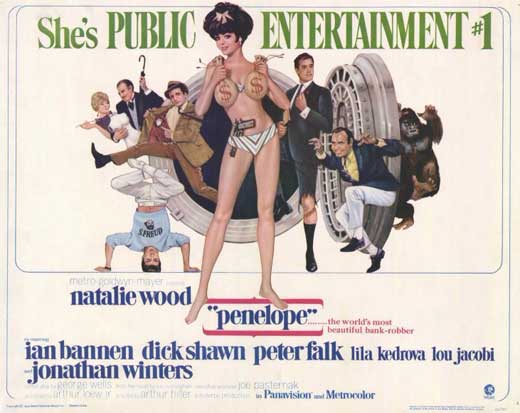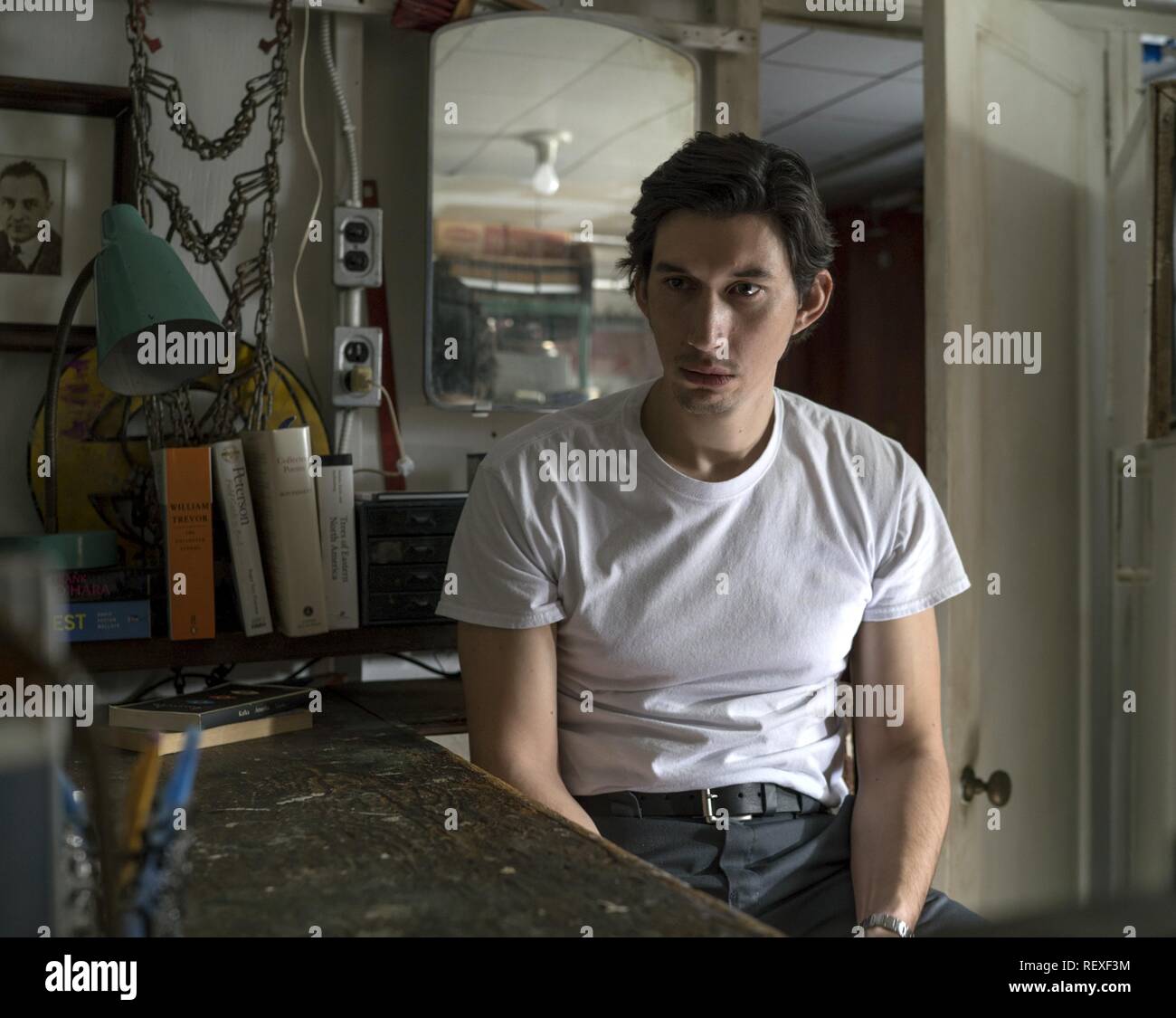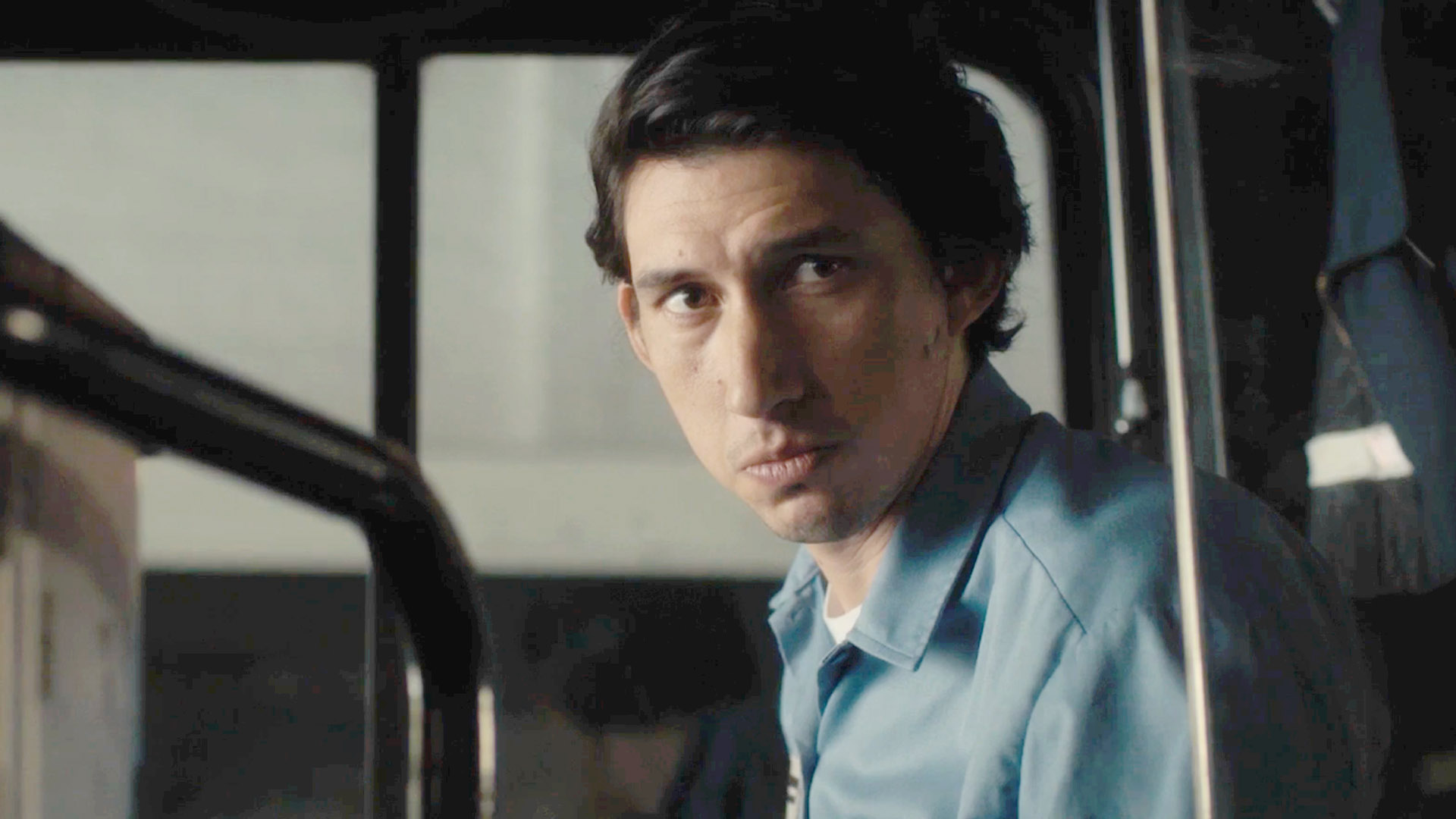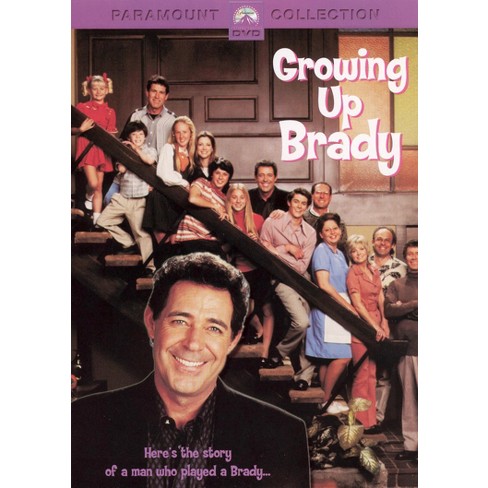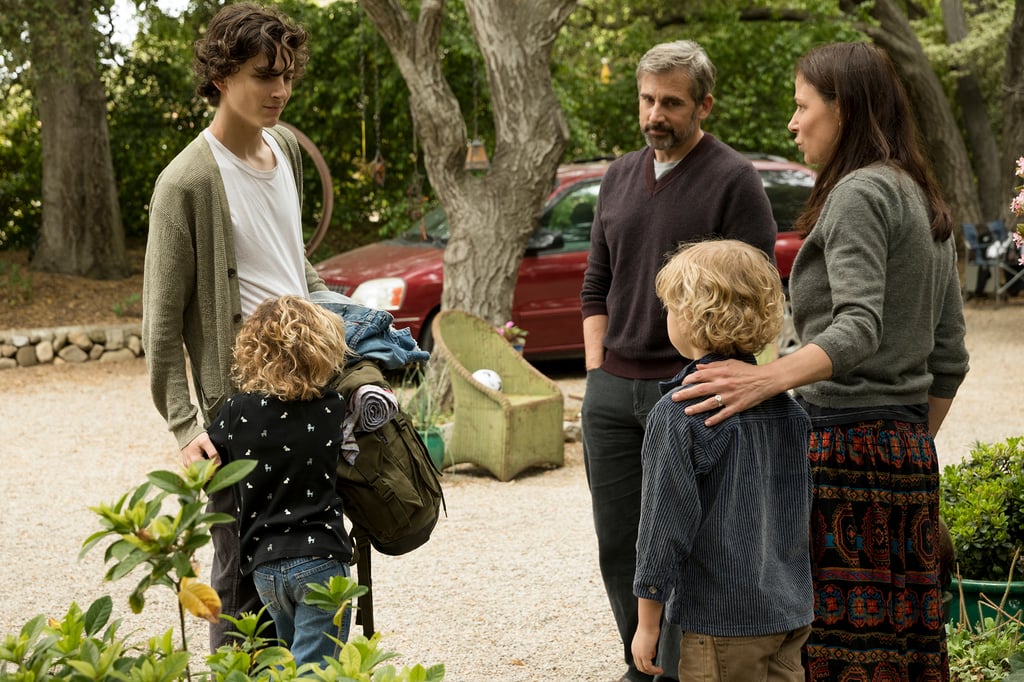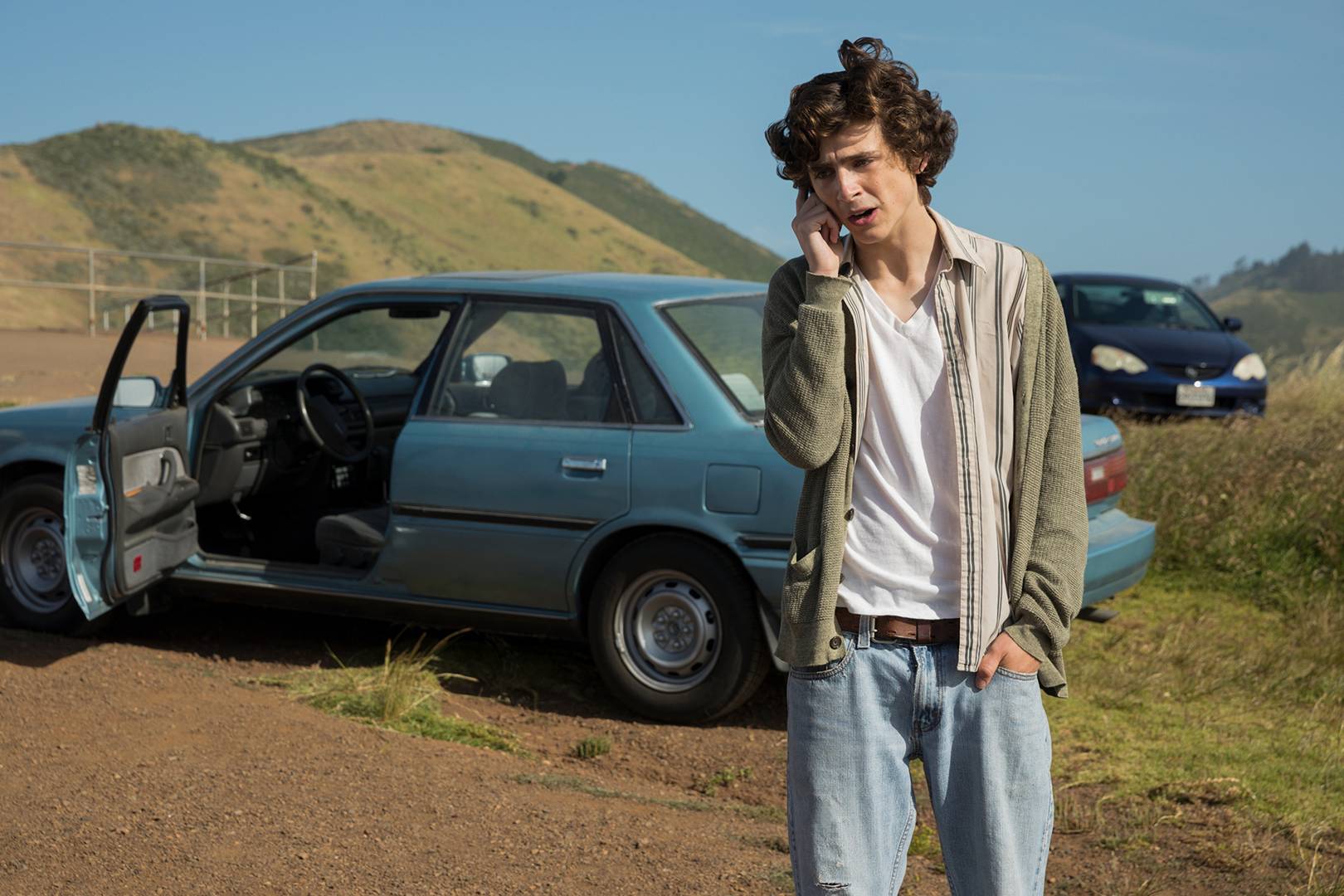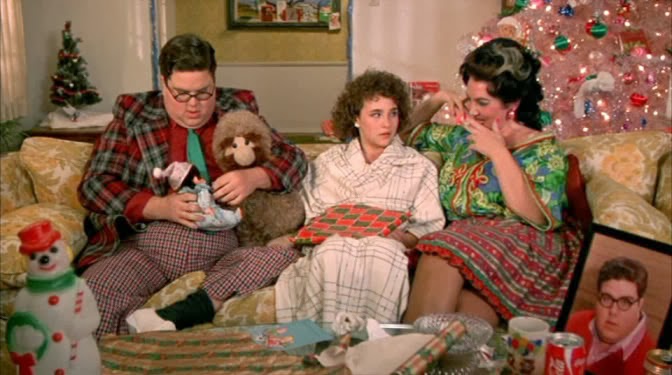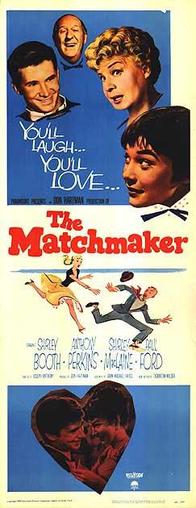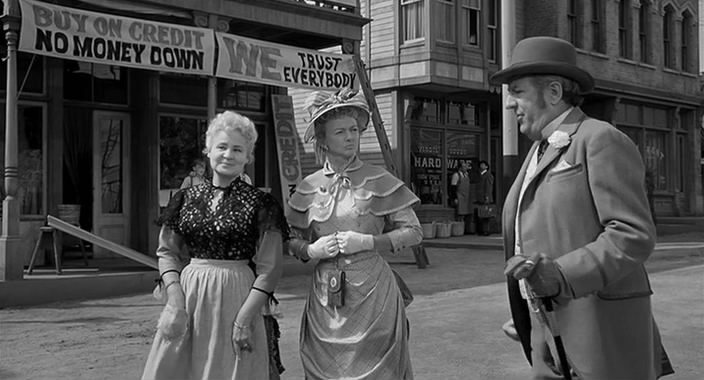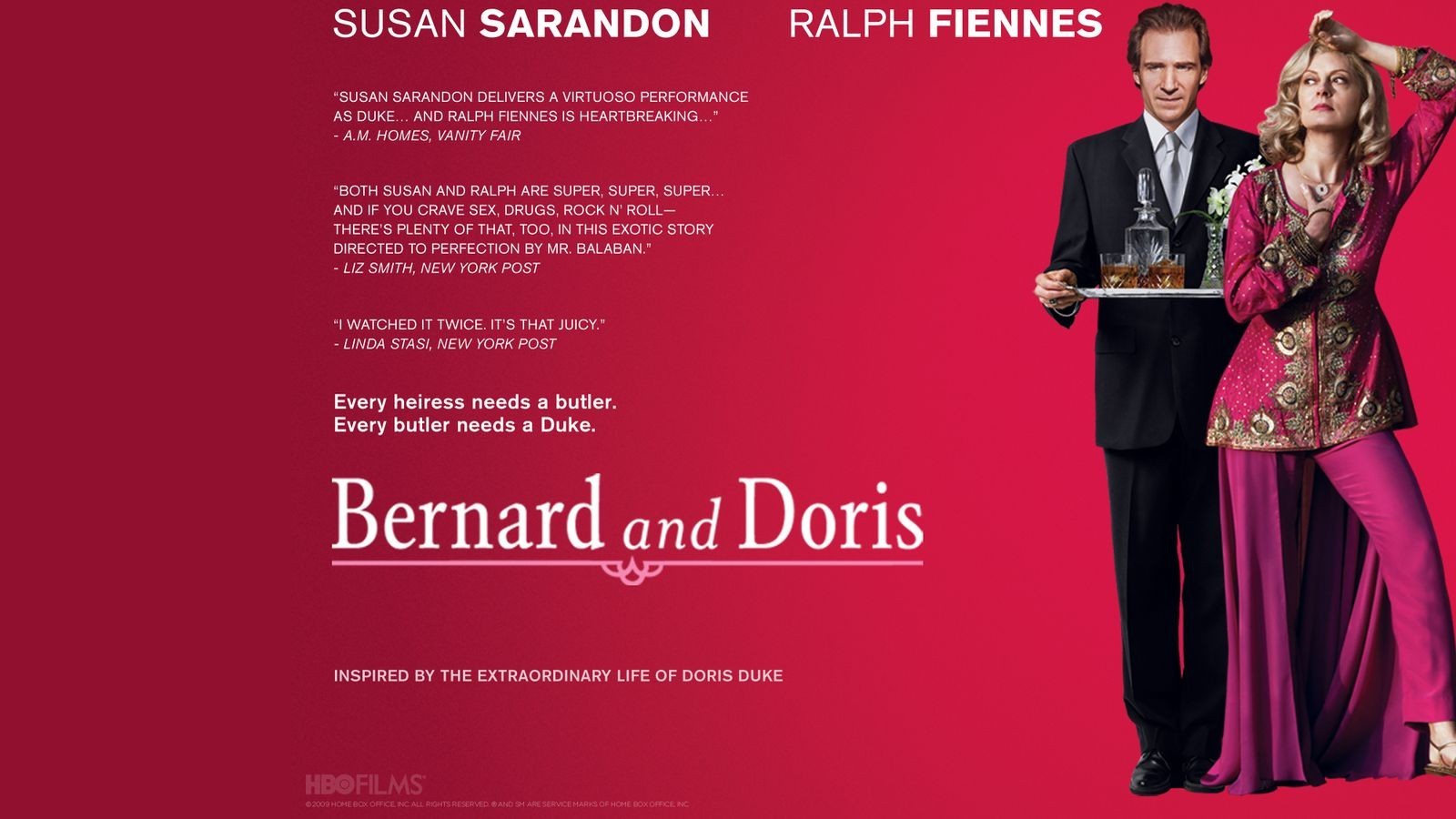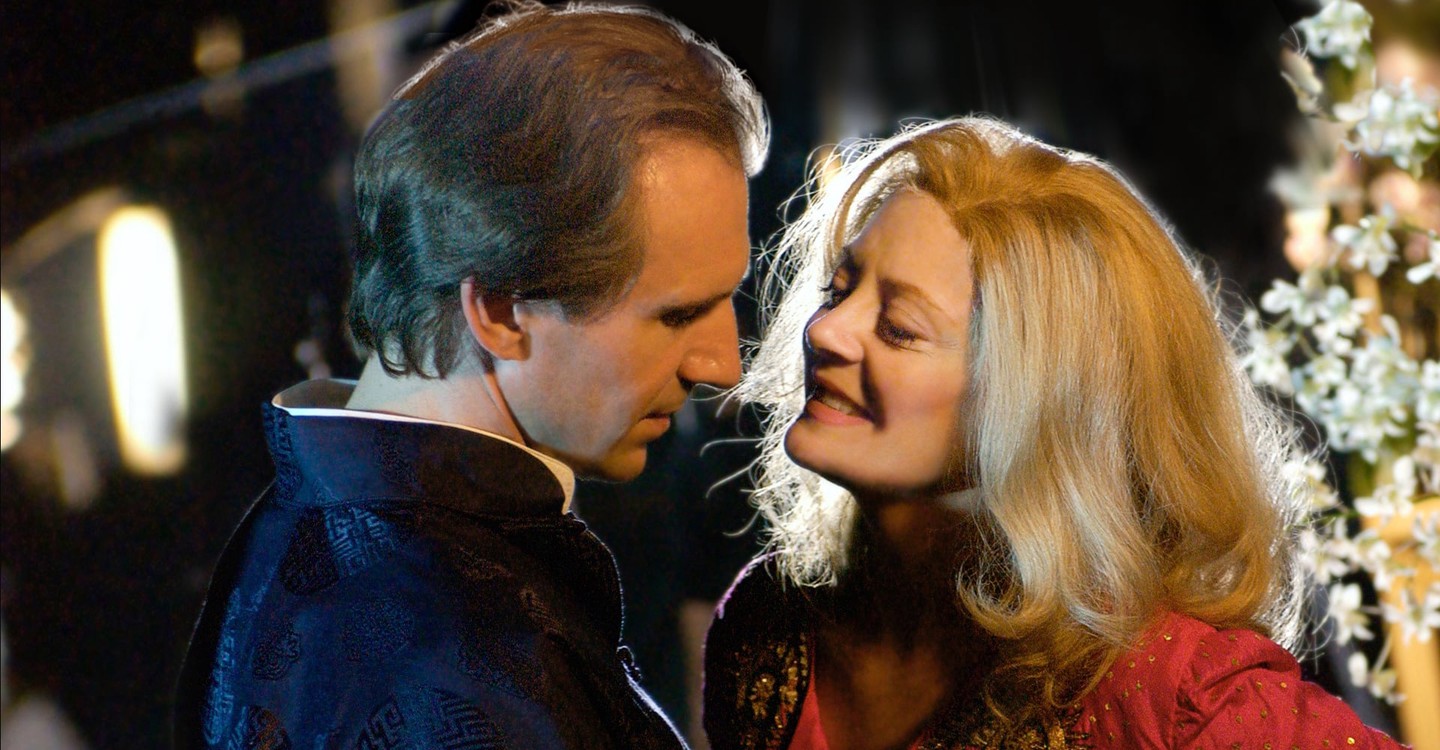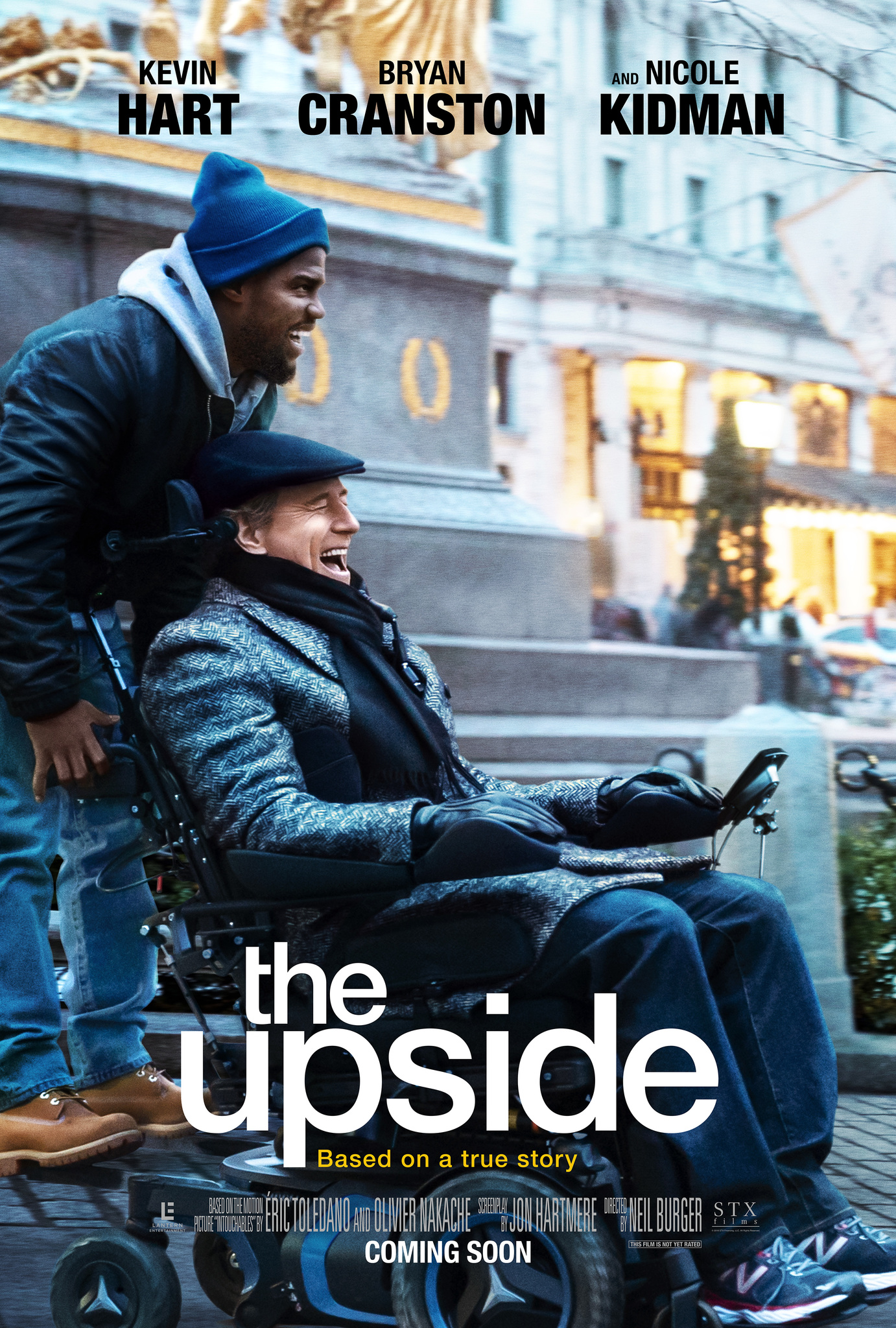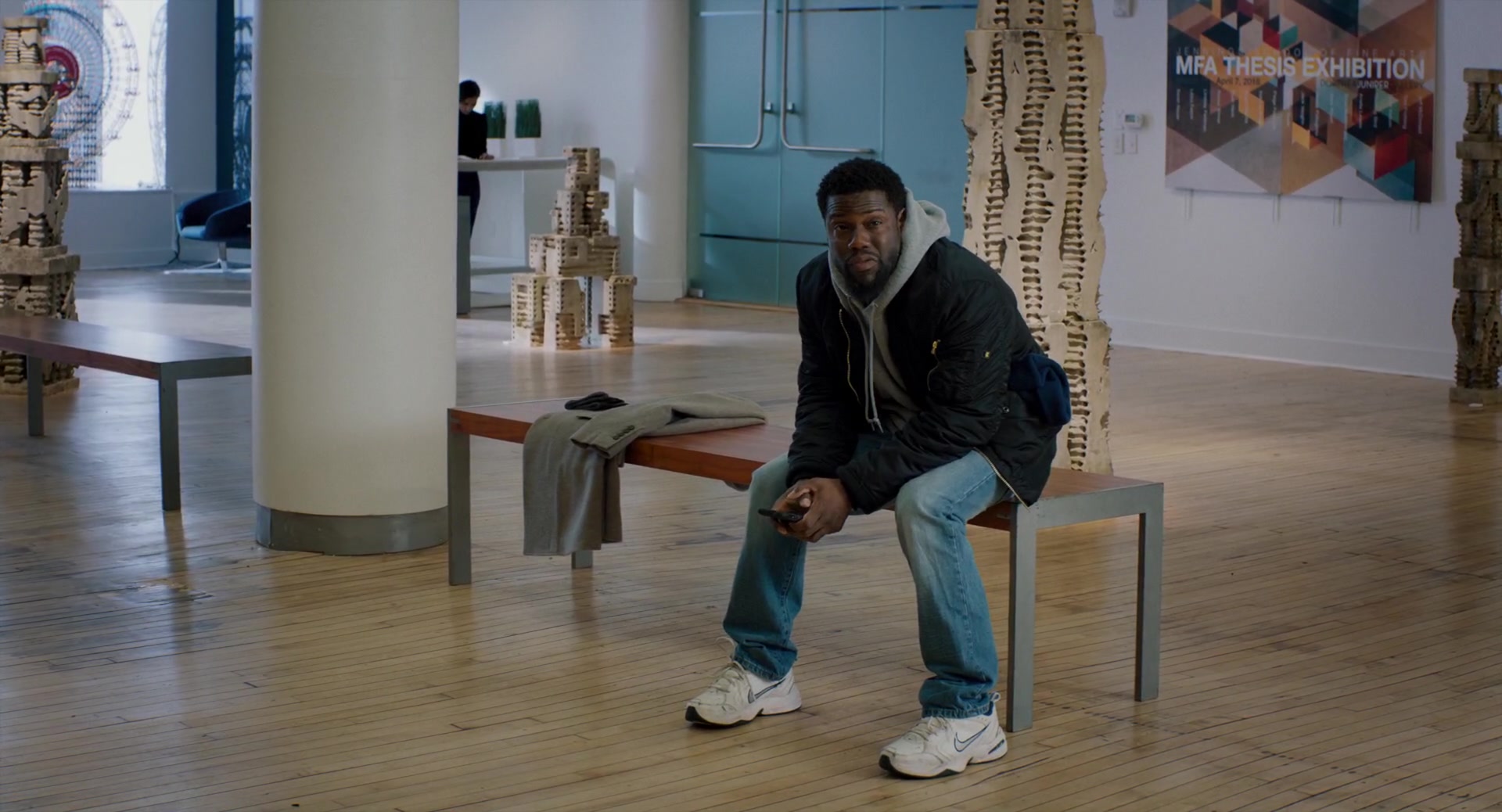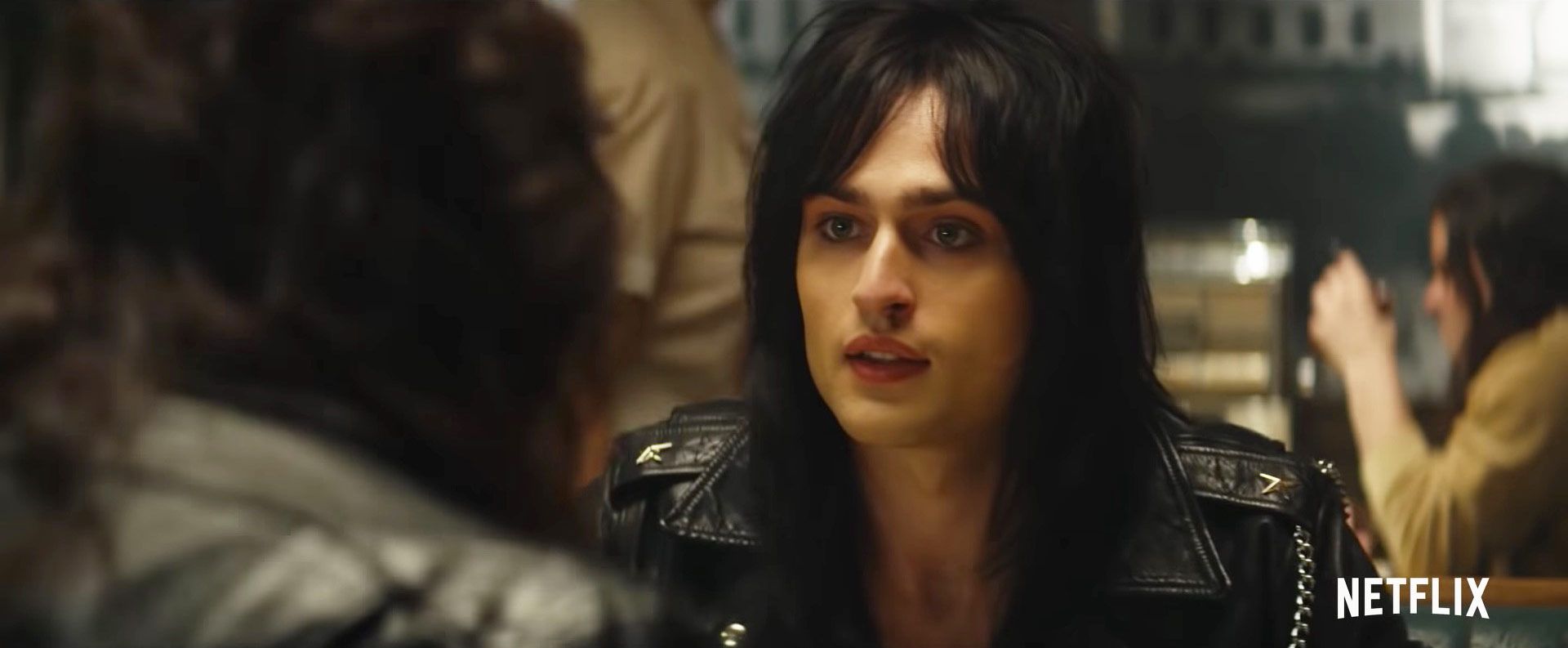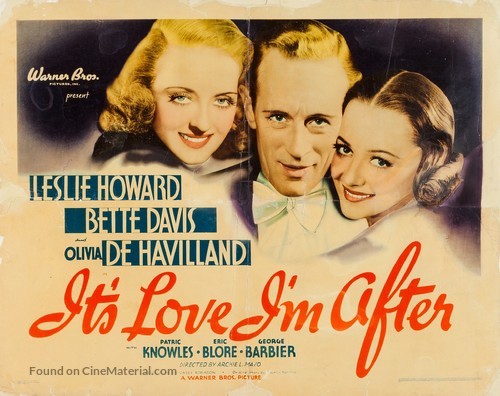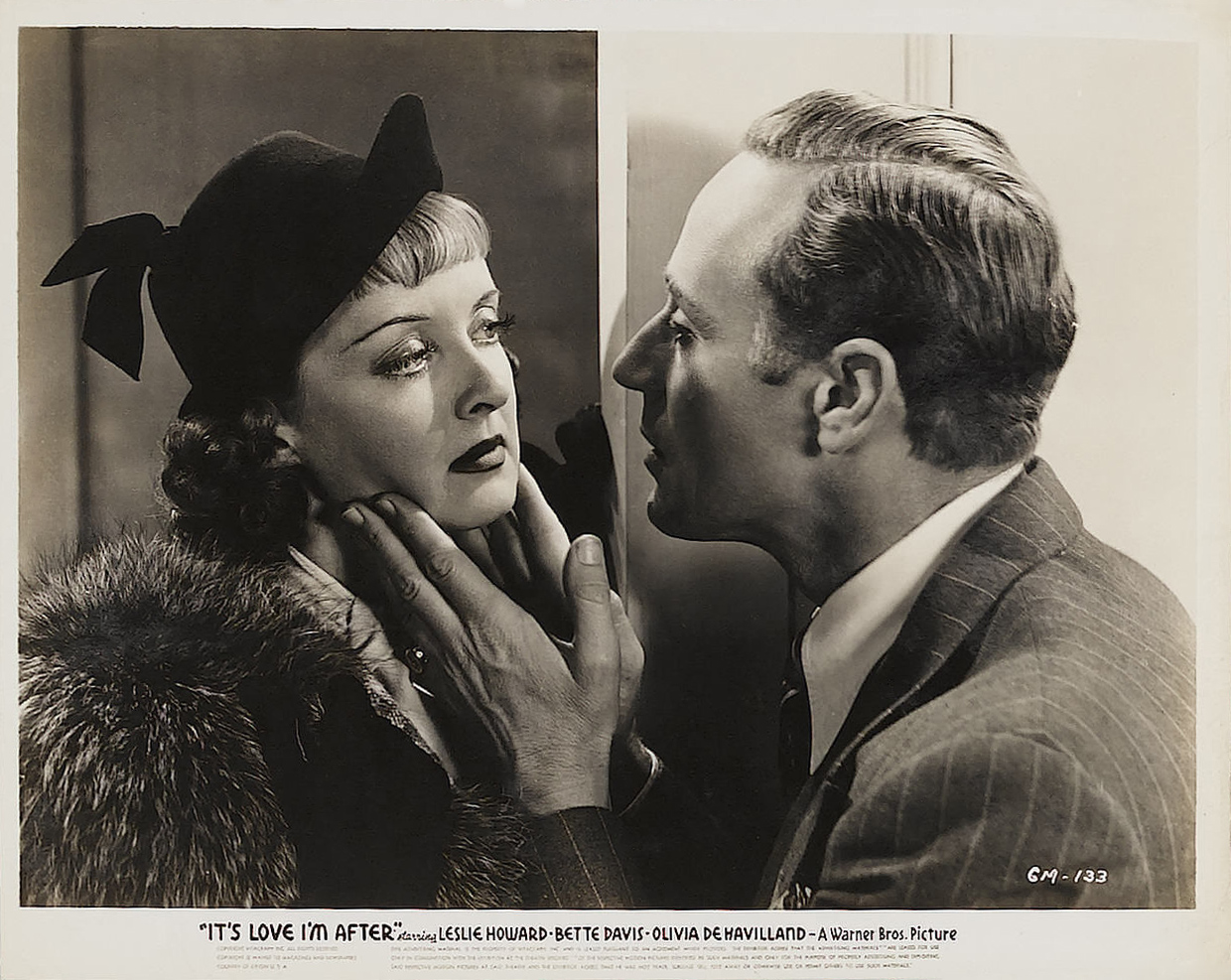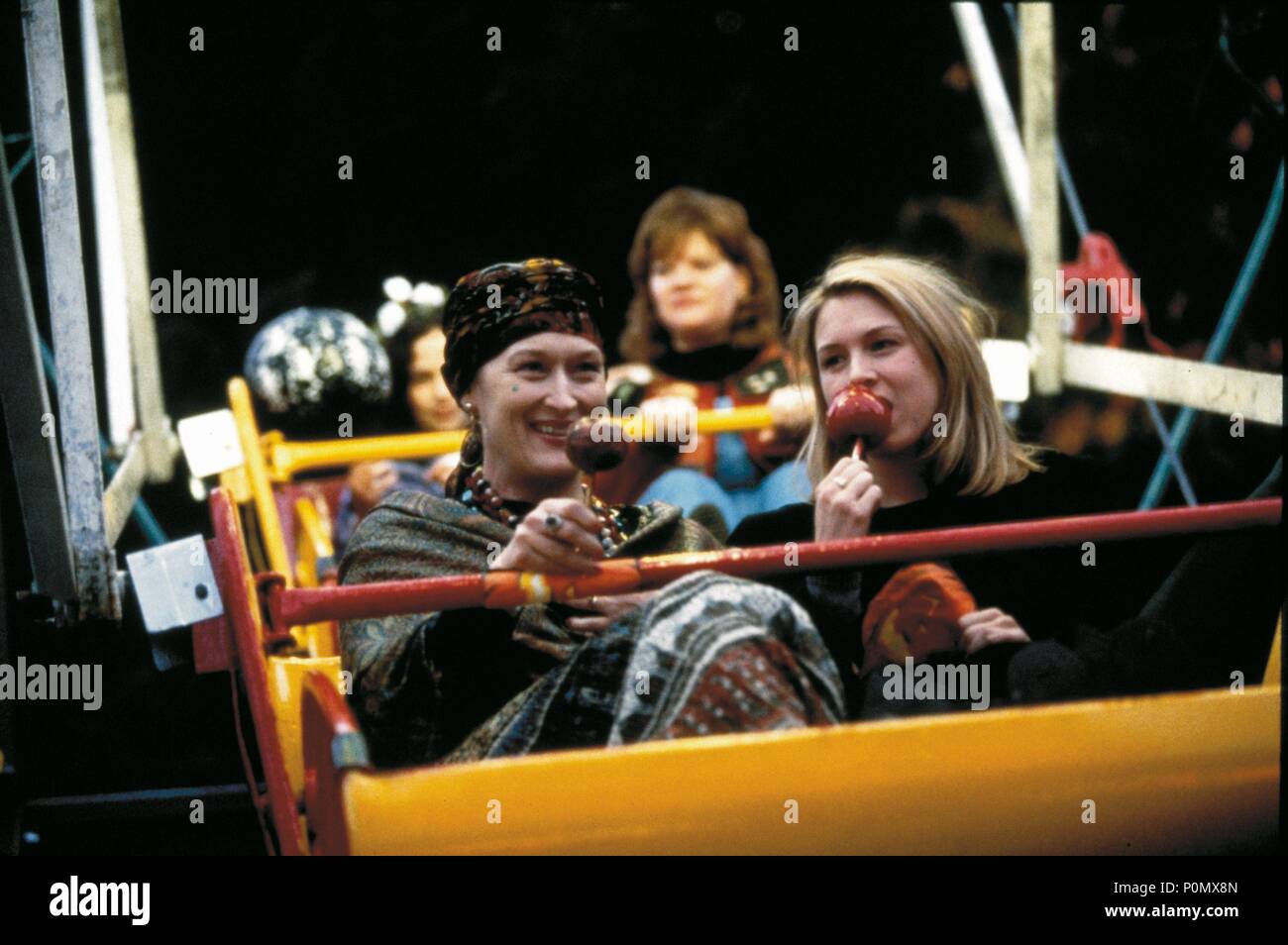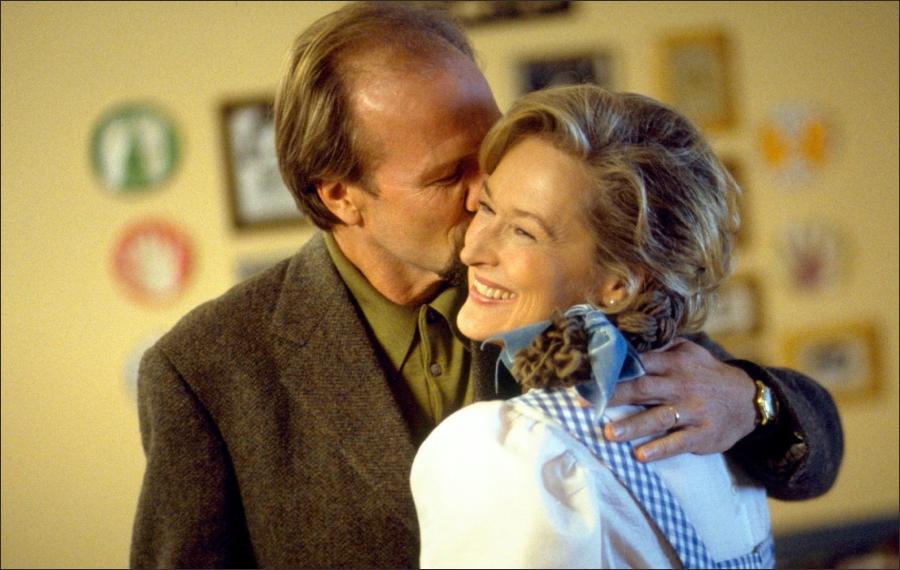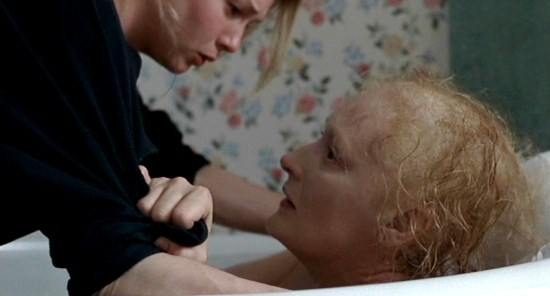Robin Williams: Come Inside My Mind
Robin Williams' mind was something that some of the greatest talent in Hollywood adored, marveled, and tried to figure out. It was this amazing mind that would find its fruition in a career that would earn Williams three Emmys. seven Golden Globes, and an Oscar. His incredible career is chronicled in a joyous 2018 documentary called
Robin Wiliams: Come Inside My Mind that will have you laughing out loud one minute and fighting tears the next. It's also that very rare celebrity documentary where I learned things about the star and his career that I never knew before.
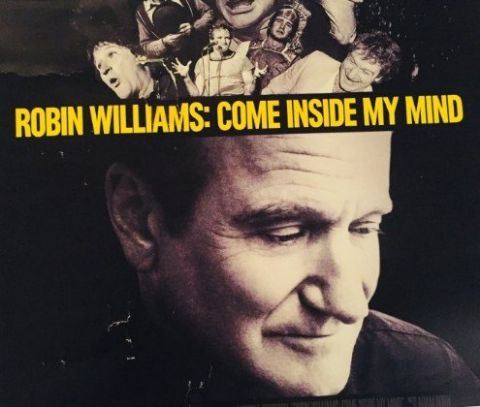
The documentary features commentary from his loved ones, celebrity co-workers, and Robin himself, starting with his childhood where he was raised by a quiet car salesman father and a mother who loved to make people laugh. We are even treated to a clip of Robin and his mom talking about the entertainment value of whoopee cushions. The film documents his cavity prone years in a prep school, much like the one in
Dead Poets Society and his early discovery of improvisation which actually led to his eventual landing at Julliard, where he entered the prestigious school the same year as Christopher Reeve. I didn't know that he and Reeve were roommates at Julliard and we are treated to a home movie of the christening of Robin's son, Zak, which features Reeve who is Zak's godfather.

The stiffness of Julliard was a little too confining for Williams who eventually leaves, though he does share about the joy he felt one day when he actually made the head of the acting school, John Houseman, laugh, whom he referred to as "Buddha." Scott Marshall, son of the late Garry Marshall shares how it was something he said to his father that led to Williams' history making guest appearance on
Happy Days that was spun off into
Mork and Mindy. Marshall shared that this was the only episode of
Happy Days that received a standing ovation from the live audience watching the taping.

In addition to the christening of his son, there is a whole lot of vintage film and photographs that I have never seen before, including some footage of a very young Williams doing improv with members of an improv class he was taking straight out of high school. We are also treated to outtakes from
Mork and Mindy,
Good Morning Vietnam,
Patch Adams, and
One Hour Photo.

The documentary does not shy away from Williams' history with drugs and alcohol either. We are reminded that he started snorting cocaine during season two of
Mork and Mindy and was partying with John Belushi the night before he died. Williams did get sober eventually and even incorporated his experiences as an alcoholic and addict into his comedy with a bold and funny frankness. I also loved when he is asked who he thought had a quicker mind than his. The answer will definitely surprise you.

In addition to Williams himself, commentary is offered along the way from his first wife Valerie, his son Zak, his half-brother, Billy Crystal (who shares a couple of messages Williams left on his answering machine), Whoopi Goldberg, David Letterman, Elayne Boosler (who revealed having an affair with the man, news to me), Lewis Black, Mark Romanek, who directed
One Hour Photo, Pam Dawber (who got very choked up and was unable to talk about Wiliams' death), and Bobcat Goldthwait, who directed Robin in
World''s Greatest Dad, who revealed that in the final scene of that film where Robin jumps in the swimming pool naked, that was all Robin's idea, Goldthwait wanted him to keep his clothes on. A one-of-a-kind documentary on a one of a kind performer that produced tears of laughter and tears of sadness.


